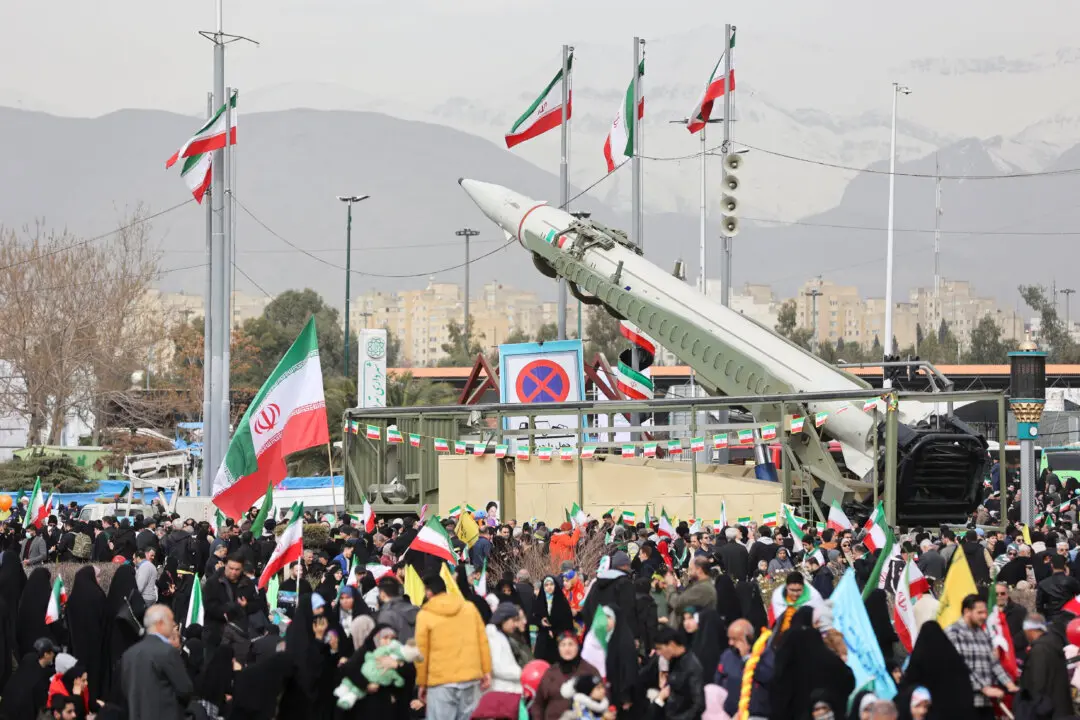President Donald Trump signed a memorandum on Feb. 6 ordering a review of all funding to nongovernmental organizations (NGOs) that receive money from federal agencies.
The executive memo, “Advancing United States Interests When Funding,” directs all heads of federal departments to review all funding provided to NGOs. It accuses “many” NGOs, without giving specific examples, of engaging in “actions that actively undermine the security, prosperity, and safety of the American people.”





